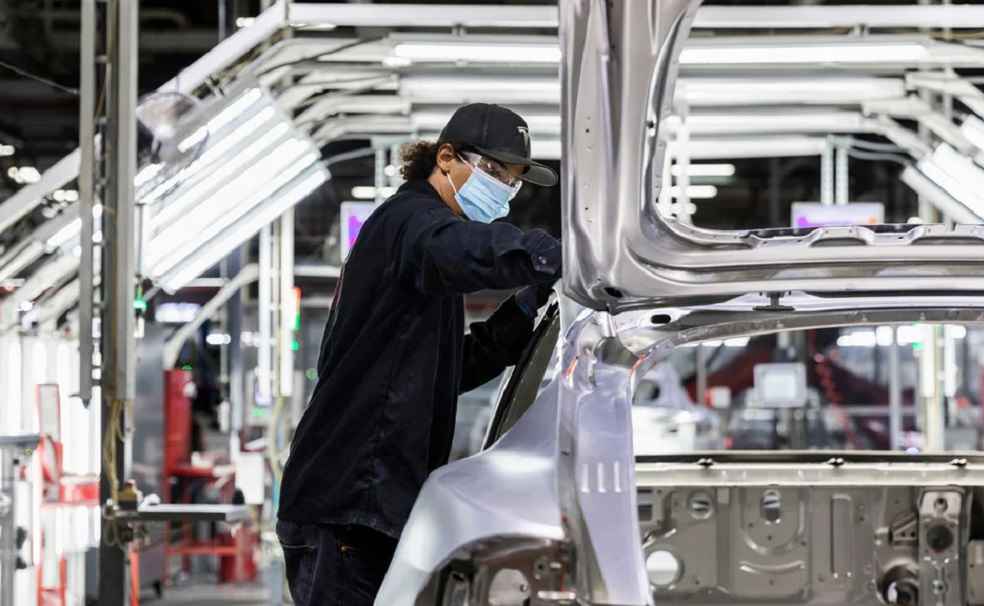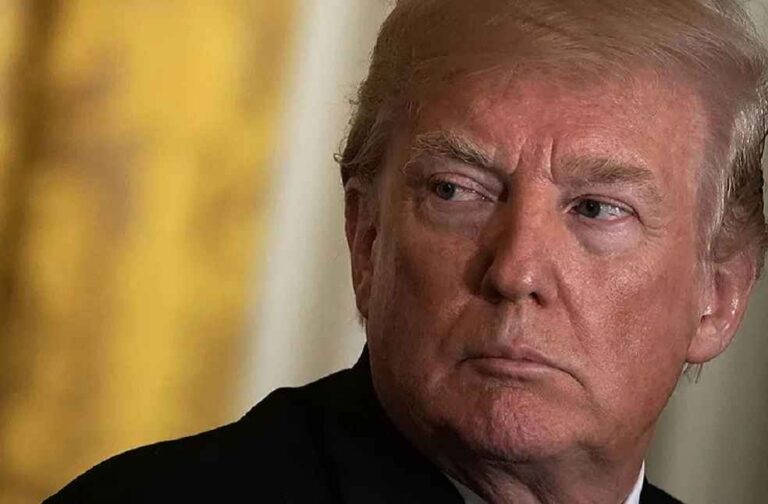Former US President Donald Trump, during a speech in Flint, Michigan, reignited his unproven assertions that Chinese automakers are setting up massive production facilities in Mexico. He vowed to introduce a 200 per cent tariff on vehicles manufactured at these purported Chinese auto factories if they enter the US market. These statements echo his familiar rhetoric surrounding global trade and automotive production, though without supporting evidence.
Flint, a city known for its pivotal role in American car manufacturing, became a platform for Trump’s broader concerns about the future of the US auto industry. He argued that if Vice President Kamala Harris wins the presidency, the American automotive sector could face near extinction, with electric vehicle production shifting to China.
His grim prediction contrasts sharply with official employment data that shows a steady rise in jobs since President Joe Biden assumed office. The auto industry had seen job losses during Trump’s term, which has since reversed under the Biden administration.

Trump projected that, absent his leadership, the auto industry would collapse in two to three years, citing the rise of electric vehicles as the main factor driving this shift. His strategy revolves around imposing tariffs on imported automobiles to compel foreign companies to establish factories within the US, calling the approach effortless despite the fact that many foreign automakers already maintain production plants across the southern US.
Official statistics challenge Trump’s warnings. Since Biden’s inauguration in January 2021, jobs in the auto and parts sector have increased by 13.6 per cent, growing from 949,000 to 1.07 million. These numbers directly oppose Trump’s prediction of an imminent collapse.
Additionally, Trump’s claims of large Chinese-owned factories being built in Mexico lack evidence. Analysts have not identified any major Chinese factory construction in the region, with JAC, a small automaker, being the only Chinese presence in Mexico, assembling budget-friendly cars from kits primarily for local consumption.

In response, Michigan Senator Gary Peters, speaking for the Harris campaign, condemned Trump’s statements, arguing that another Trump term could devastate American auto jobs and transfer Michigan’s leadership in car manufacturing to China. Peters stressed Harris’ commitment to restoring high-paying jobs and maintaining Michigan’s competitive edge in the global automotive industry.
Trump’s tariff proposals face sharp criticism from economists, many of whom point out that tariffs often lead to increased costs for domestic consumers. The intended punitive measures on foreign manufacturers may, in fact, impact American buyers more significantly.
AUTO TECH | ZF Partners with Ford Trucks to Deliver Advanced Electric Drive Technologies





